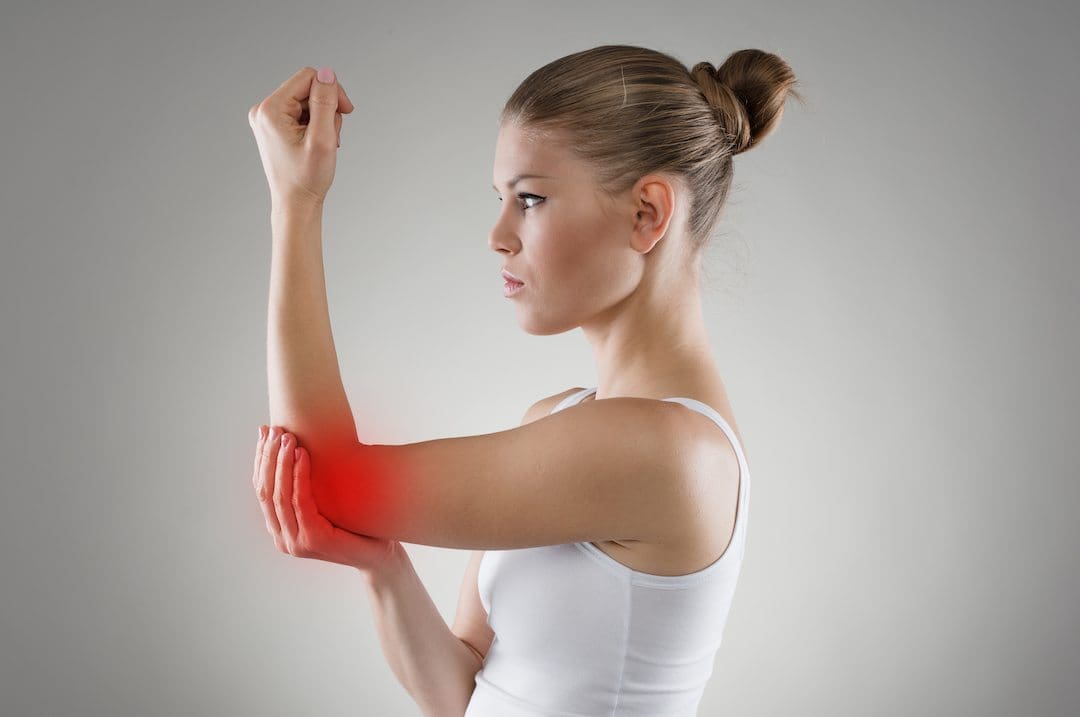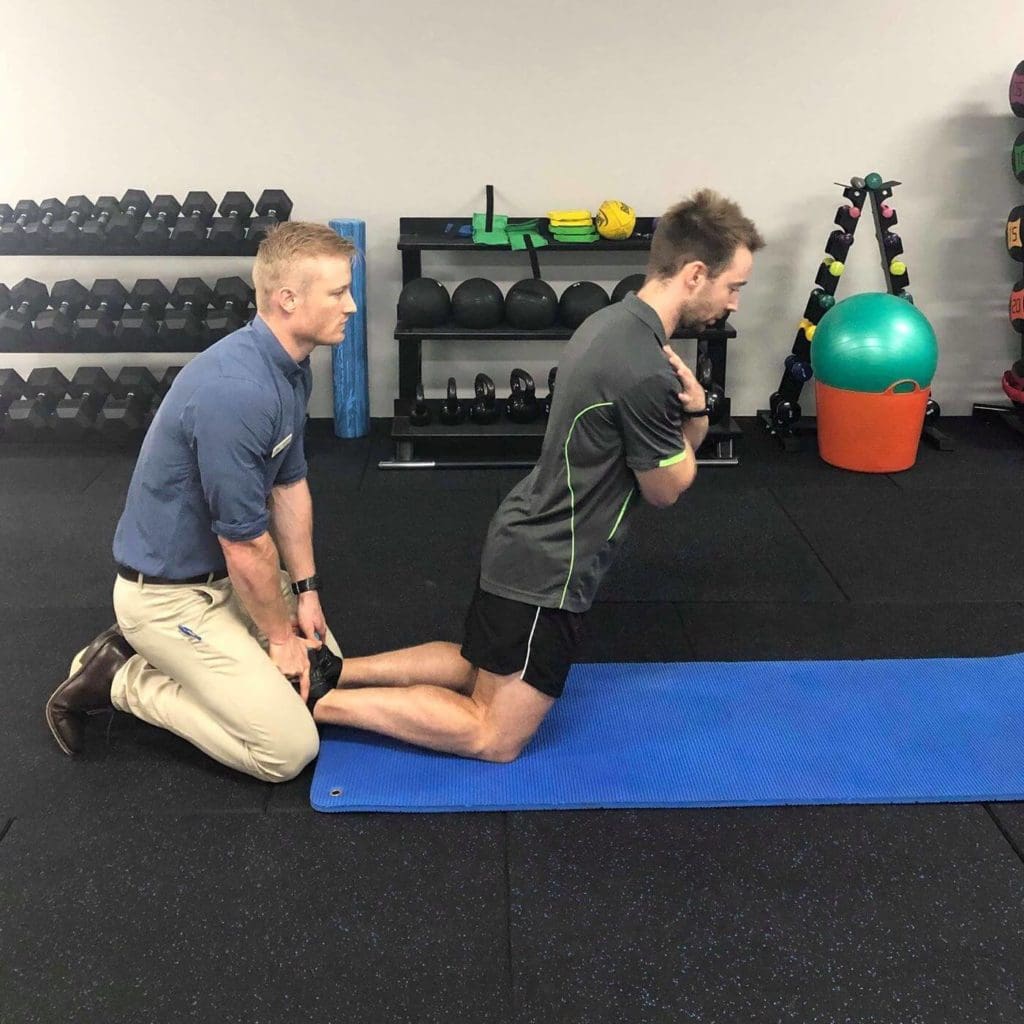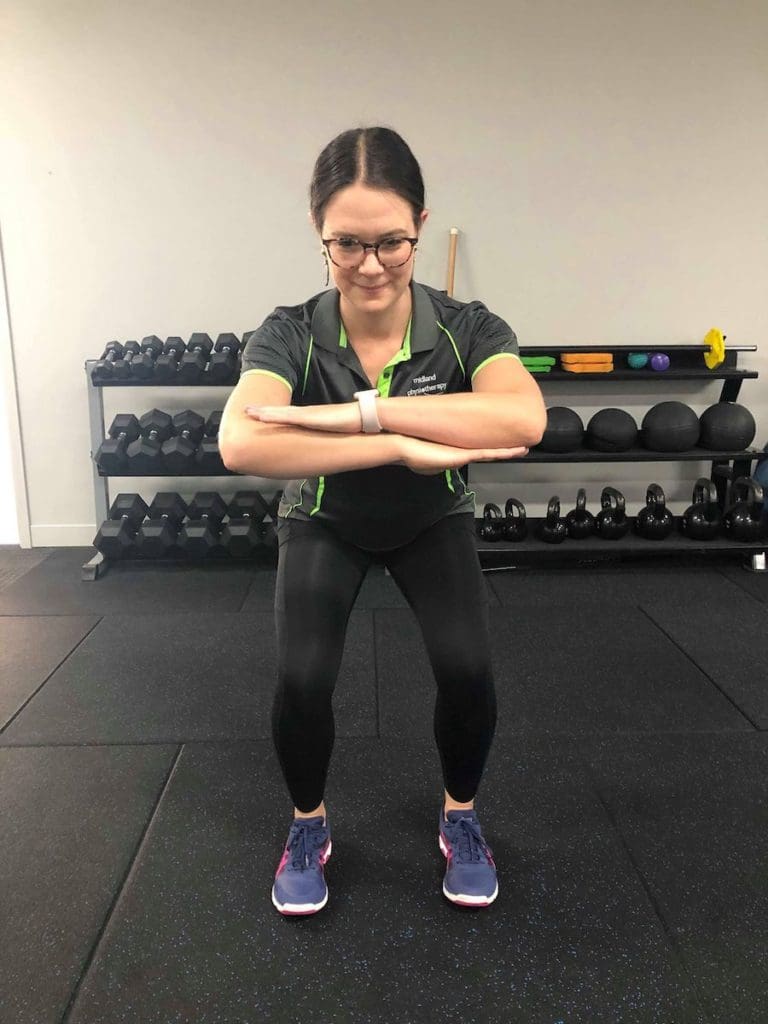Introduction
The Achilles tendon, the largest and strongest tendon in the body and is crucial for various physical activities, including walking, running and jumping. However, this tendon is susceptible to injuries and conditions such as Achilles tendinopathy.
Achilles tendinopathy is a common condition that results in pain, stiffness and reduced function. It primarily occurs due to overuse, repetitive stress, or a sudden increase in physical activity that the body is un-customed too.
Causes and Symptoms
Several factors contribute to the development of Achilles tendinopathy:
a) Overtraining: Engaging in excessive or high-impact activities without allowing the tendon enough time to recover can lead to tendinopathy.
b) Tight Calf Muscles: Reduced flexibility in the calf muscles can put additional strain on the Achilles tendon.
c) Improper Footwear: Wearing shoes that do not provide adequate support and cushioning during physical activities can contribute to the condition.
d) Biomechanical Issues: different foot postures or gaits can add stress on the Achilles tendon.
The symptoms of Achilles tendinopathy may include:
– Pain and tenderness in the back of the heel, especially during physical activity.
– Stiffness and limited range of motion in the ankle.
– Swelling or thickening of the Achilles tendon.
– Morning stiffness and discomfort that eases with movement.
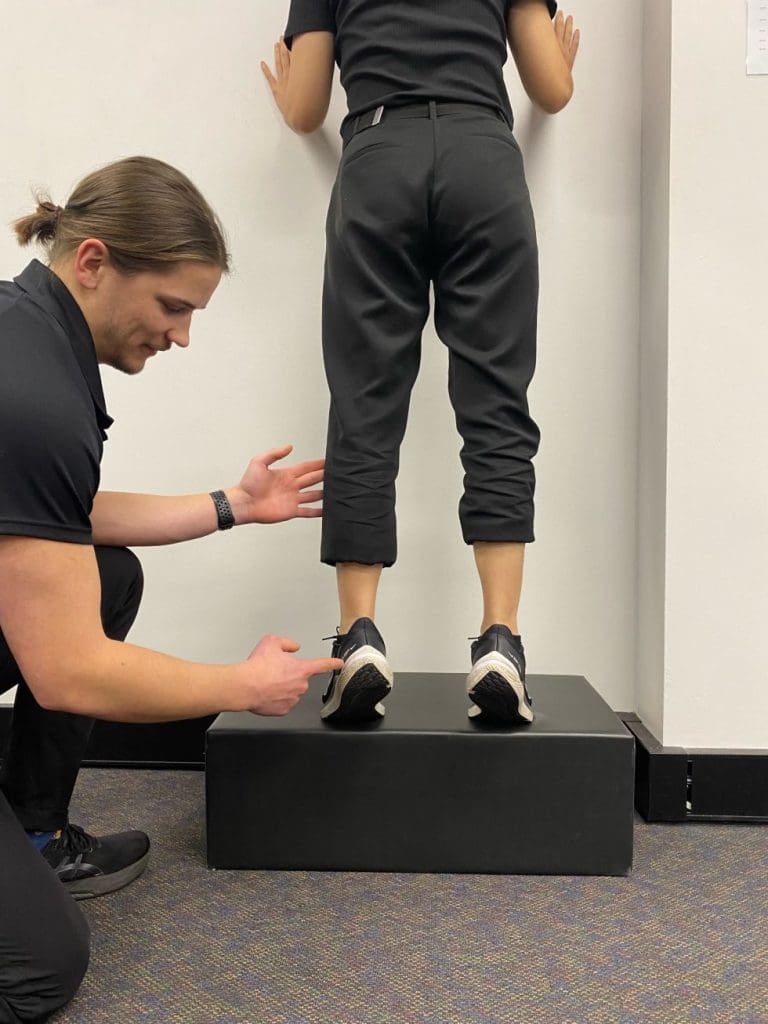
Treatment Options
The treatment for Achilles tendinopathy depends on the severity of the condition. In most cases, conservative approaches are effective and include:
a) Pain management: Adequate rest is essential to allow the tendon to heal.
b) Physical Therapy: A tailored physiotherapy program can improve the flexibility and strength of the calf muscles and promote healing.
c) Orthotics: Custom-made shoe inserts can correct biomechanical issues and reduce stress on the Achilles tendon.
d) Medications: Over-the-counter pain relievers and anti-inflammatory medications may be recommended for pain management.
Prevention
Preventing Achilles tendinopathy is essential for maintaining optimal physical function and avoiding pain. Here are some preventive measures to consider:
a) Gradual Progression: When starting a new exercise regimen or increasing physical activity, do so gradually to allow the Achilles tendon to adapt and strengthen.
b) Proper Footwear: Choose shoes that provide adequate support, cushioning and stability for your specific physical activities.
c) Stretching and Strengthening: Incorporate calf stretches and strengthening exercises into your regular routine to improve flexibility and reduce the risk of injury.
d) Cross-training: Vary your physical activities to reduce overuse of the Achilles tendon.
e) Listen to Your Body: Pay attention to any signs of discomfort or pain and avoid pushing through intense pain during activities.
Conclusion
Achilles tendinopathy can be a challenging condition, but with the proper understanding, timely treatment and preventive measures, it can be managed effectively. If you are experiencing any of the related symptoms, don’t be afraid to contact your Physiotherapist to help with the appropriate management.
Remember, a healthy Achilles tendon is vital for maintaining an active and fulfilling lifestyle.
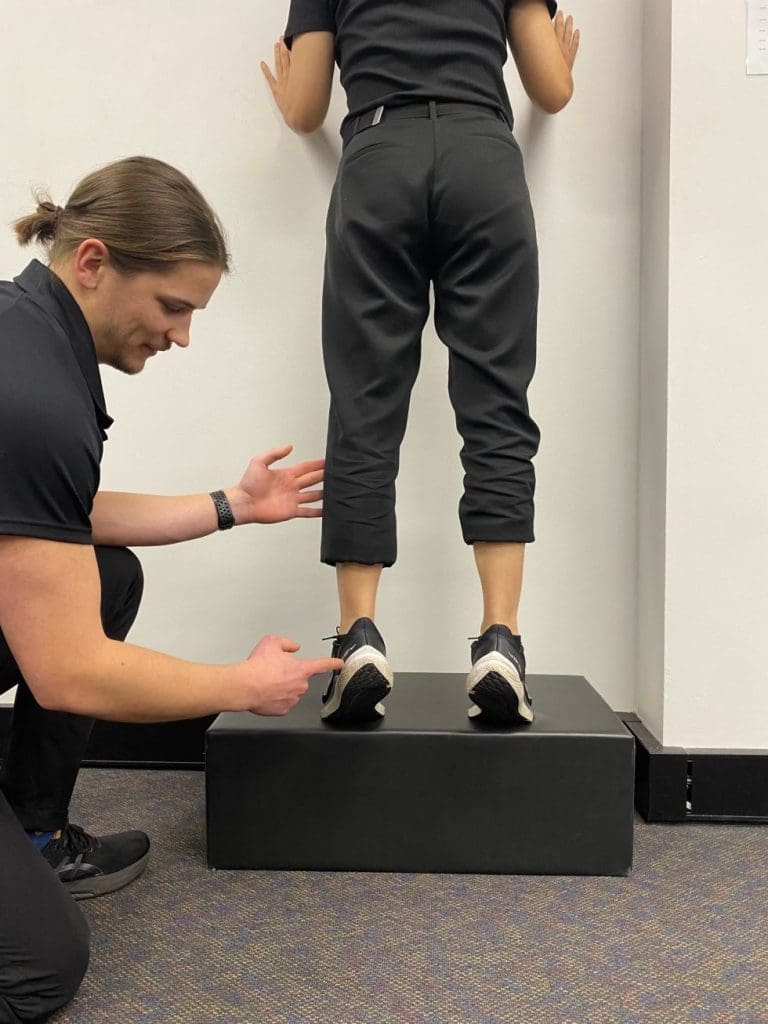
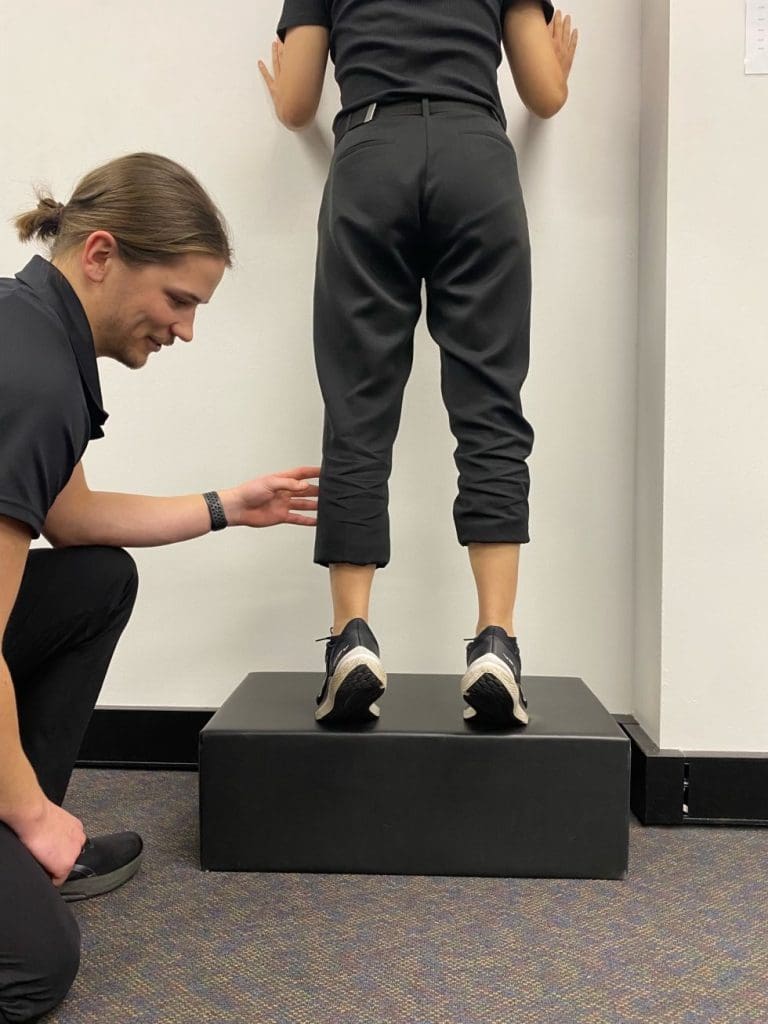

Billy Sukroo
Physiotherapist & Pilates Instructor
Billy graduated from Curtin University with a Bachelor of Science (Physiotherapy) and values collaborative goal setting to make lasting changes in people’s lives.
Billy has a strong passion for promoting recovery from a wide range of musculoskeletal conditions, in particular sporting injuries and low back pain. He integrates an evidence-based active approach alongside manual therapy. He’s also achieved success with treatment of shoulder and neck pathologies, in addition to post-operative rehab focusing on individualised programs and return to normal function.
Billy has developed experience in a wide variety of differing sporting injury diagnoses, there associated management and future prevention strategies through sport trainer roles at multiple Perth Football League teams.
Billy’s spare time consists of integrating personal fitness with weights, enjoying the beach with friends or playing a round of golf.
